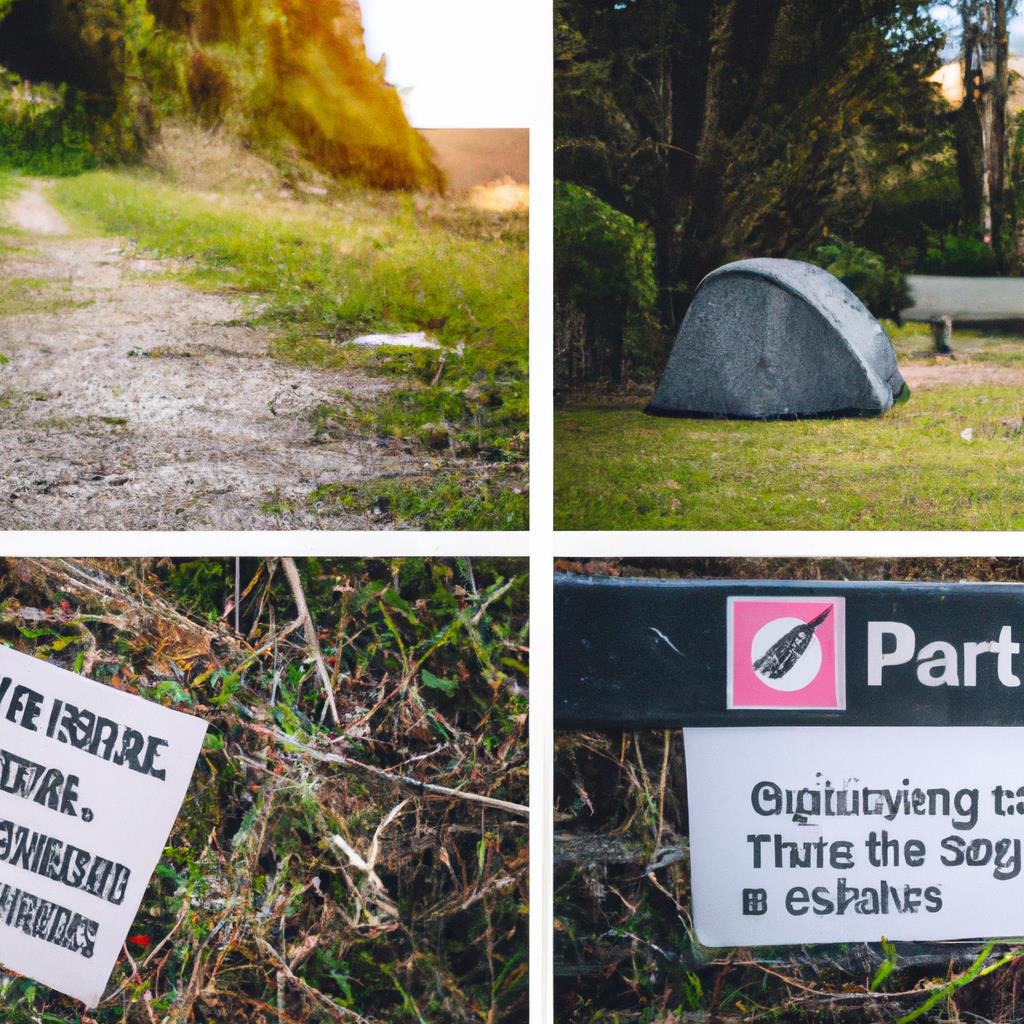Backcountry camping in tenting and camping sites is a thrilling experience that allows you to connect with nature on a deeper level. Whether you are a beginner or an experienced camper, there are essential tips that can help you ensure a safe and enjoyable trip. Here are some important tips to keep in mind when planning a backcountry camping trip:
1. Research the area: Before heading out to a tenting and camping site, make sure to research the area thoroughly. Familiarize yourself with the terrain, weather conditions, and any potential hazards that you may encounter. This will help you prepare adequately and stay safe during your camping trip.
2. Pack the essentials: When camping in the backcountry, it is important to pack all the essential items that you will need for your trip. This includes a tent, sleeping bag, camping stove, food, water, first aid kit, and any other necessary gear. Make sure to pack light but also be prepared for any unexpected situations.
3. Leave no trace: When camping in the backcountry, it is important to follow the leave no trace principle. This means that you should leave the camping site exactly as you found it, without disturbing the natural environment. Be sure to pack out all your trash and follow any guidelines set by the camping site.
4. Follow safety precautions: Backcountry camping can be risky, so it is important to follow safety precautions at all times. This includes setting up your tent in a safe location, staying hydrated, and being aware of your surroundings. Make sure to also have a plan in case of emergencies and know how to get help if needed.
5. Be prepared for changes in weather: Weather conditions in the backcountry can be unpredictable, so it is important to be prepared for any changes. Make sure to pack appropriate clothing and gear for all types of weather, including rain gear, warm layers, and sunscreen. Check the weather forecast before heading out and be prepared to adjust your plans accordingly.
6. Respect wildlife: When camping in the backcountry, it is important to respect the wildlife that calls the area home. Avoid feeding or approaching wild animals, and store your food properly to prevent attracting them to your campsite. Be mindful of your impact on the environment and strive to coexist peacefully with the wildlife around you.
7. Plan ahead: Before embarking on a backcountry camping trip, make sure to plan ahead and prepare for all eventualities. This includes mapping out your route, setting up a schedule, and informing someone of your itinerary. It is also a good idea to familiarize yourself with the camping site's rules and regulations to ensure a smooth and enjoyable experience.
8. Practice proper food storage: When camping in the backcountry, it is important to practice proper food storage to avoid attracting wildlife to your campsite. Store all food and scented items in bear-proof containers or hang them from a tree at least 100 feet away from your tent. This will help prevent animals from approaching your campsite and keep you safe during your camping trip.
9. Stay hydrated: Staying hydrated is essential when camping in the backcountry, especially if you are engaging in physical activities like hiking or backpacking. Make sure to bring an adequate supply of water or a filtration system to purify water from natural sources. It is also a good idea to drink plenty of water throughout the day to prevent dehydration.
10. Enjoy the experience: Backcountry camping in tenting and camping sites can be a rewarding and unforgettable experience. Take the time to appreciate the beauty of nature, disconnect from technology, and immerse yourself in the present moment. Remember to take plenty of photos to capture the memories and enjoy every moment of your camping trip.
By following these essential tips, you can ensure a safe and enjoyable backcountry camping experience in tenting and camping sites. Remember to plan ahead, pack the essentials, and respect the environment to make the most of your outdoor adventure. Happy camping!


leave a comment